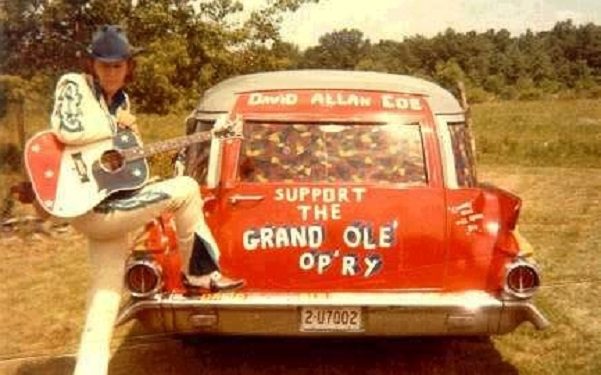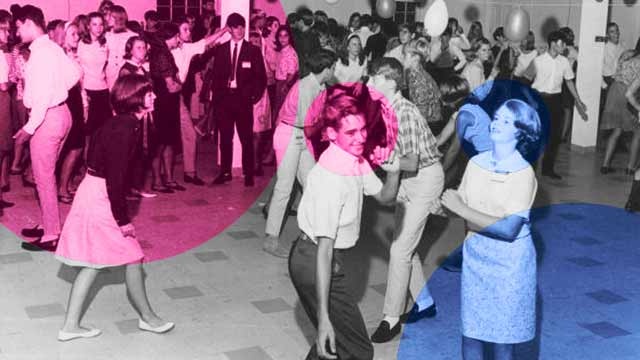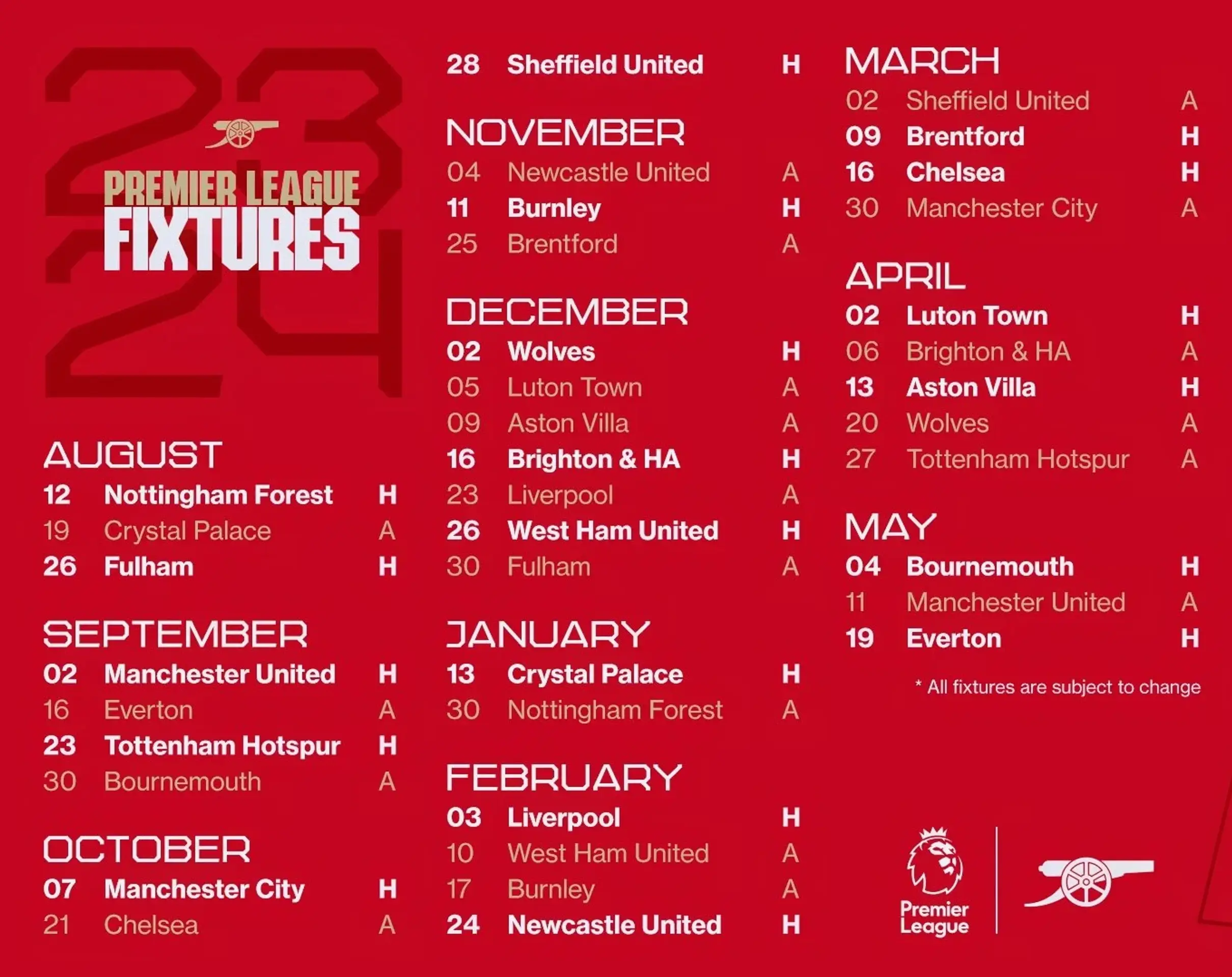Outlaw Legend, David Allan Coe, Was Actually Discovered Busking Outside Of The Ryman… While Living In A Hearse


Love him or hate him, this is a pretty wild way to get discovered.
David Allan Coe is one of those country music artists who embody the phrase, “The man, the myth, the legend.” One of the most renowned names in the outlaw music movement, he is also one of the most polarizing, but you can’t deny the number of hits he’s written. From “You Never Even Called Me by My Name,” to “The Ride,” “Longhaired Redneck,” the original version of “Tennessee Whiskey,” to writing Johnny Paycheck’s megahit “Take This Job and Shove It,” he’s the unsung hero behind some of country music’s greatest anthems.
Part of David Allan Coe’s allure lies in some of the crazy stories associated with his name – some of which might not even be true and were likely spread by Coe himself. But one of those wild stories is how he got discovered in Nashville.
Born in Akron, Ohio, on September 6, 1939, David Allan Coe was raised in a broken home, which led to numerous behavioral issues as he grew up. His troubles started at the age of 9 when he was sent to a reform school in Michigan, and they kept him in and out of correctional facilities and jail over the next twenty years. His offenses range from possession of burglary tools to auto theft. There is also a story that he killed a man while serving time in an Ohio penitentiary, but those claims do not have enough evidence to prove them true.
When Coe was in the system, that is when he began songwriting and found that it was his passion. After being released from prison in his hometown of Akron, he decided to pursue a career in country music full-time and relocated to Nashville in 1967. While many artists back then were making significant sacrifices to make their dreams come true, Coe hardly had a dollar to his name and took a massive leap of faith by moving to Music City. However, it did not take him long to get noticed.
How did he do this, you might ask?
He camped out front of the Ryman Auditorium (the original home of the Grand Ole Opry) in a hearse, often busking for money. It was hard not to notice Coe in a red and white Cadillac hearse, with his name on the back and the words, “SUPPORT THE GRAND OLE’ OP’RY,” singing as folks filed in for shows on the weekend.
While it was not uncommon for people to live out of their cars, chasing the dream of being a country music star —heck, Loretta Lynn did the same, Lainey Wilson lived in a camper. But a hearse? Yeah, that’s going to draw some attention to you.
Sure enough, the red hearse caught the attention of some independent label reps, and it all worked out for David Allan Coe.
He was signed to Shelby Singleton’s Plantation Records. Coe’s first two albums were on the Plantation- Penitentiary Blues in 1970, and Requiem for a Harlequin in 1973. After Tanya Tucker had a #1 hit with Coe’s “Would You Lay With Me (In a Field of Stone)” in 1973, he caught the attention of the major labels and signed with Columbia Records. This number one hit solidified his spot at the table, and the rest is history.
David Allan Coe ladies and gentlemen… they certainly don’t make ’em like him anymore.
Fire up his rendition of “Would You Lay With Me (In A Field Of Stone)” before you go.
The post Outlaw Legend, David Allan Coe, Was Actually Discovered Busking Outside Of The Ryman… While Living In A Hearse first appeared on Whiskey Riff.


























































































:format(webp)/cdn.vox-cdn.com/uploads/chorus_image/image/66321622/1206682849.jpg.0.jpg)

























:format(webp)/cdn.vox-cdn.com/uploads/chorus_image/image/67131045/1261725039.jpg.0.jpg)






































/origin-imgresizer.eurosport.com/2024/02/04/3880159-78836108-2560-1440.jpg)





















